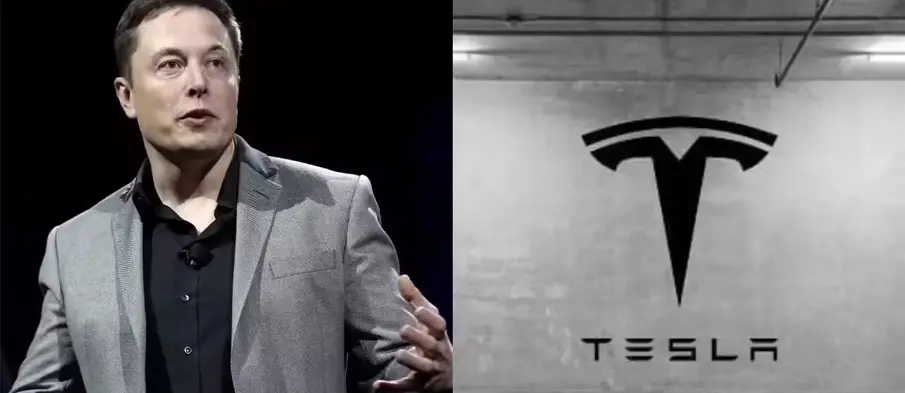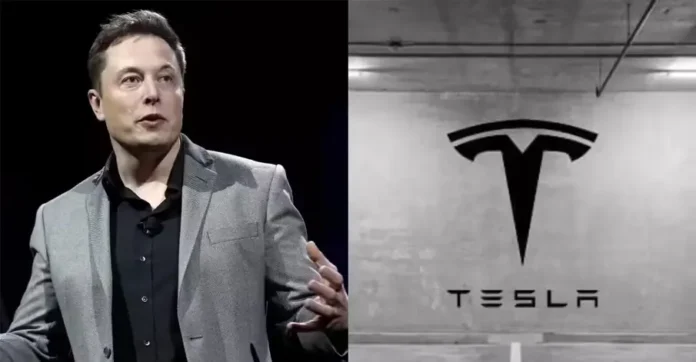
Tesla is winding down its Dojo supercomputer program, marking the end of its in-house chip development for autonomous driving. According to Bloomberg, the company is dissolving the Dojo team, with project lead Peter Bannon set to depart. Remaining members will be reassigned to other compute and data center projects.
The decision aligns with Tesla’s growing reliance on external partners such as Nvidia, AMD, and Samsung for AI processing power. Last month, Tesla signed a $16.5 billion agreement with Samsung to manufacture its AI6 inference chips, intended to support applications from Full Self-Driving (FSD) to Optimus humanoid robots. Ties with Nvidia and AMD are also expanding.
The shutdown coincides with Tesla’s board offering Elon Musk a $29 billion compensation package to prioritize Tesla’s AI agenda over other ventures, including xAI. It follows the departure of around 20 Dojo engineers who have since formed DensityAI, a new AI hardware startup led by former Dojo chief Ganesh Venkataramanan alongside ex-Tesla colleagues Bill Chang and Ben Floering.
DensityAI, preparing to exit stealth mode, is developing chips, hardware, and software for AI-driven data centers, robotics, AI agents, and automotive uses—focusing on scalable, energy-efficient, high-performance computing.
The Dojo program, announced in 2019, was positioned as the backbone of Tesla’s AI strategy, designed to process vast video datasets for autonomous driving. At AI Day 2021, Venkataramanan unveiled Tesla’s in-house D1 chip, with a D2 version planned to resolve data bottlenecks. In 2023, Morgan Stanley projected Dojo could add $500 billion in market value through robotaxi and software revenue.
However, by August 2024, Musk’s attention had shifted to Cortex, a new AI training supercluster at Tesla’s Austin HQ—signaling the strategic pivot that has now led to Dojo’s closure.





